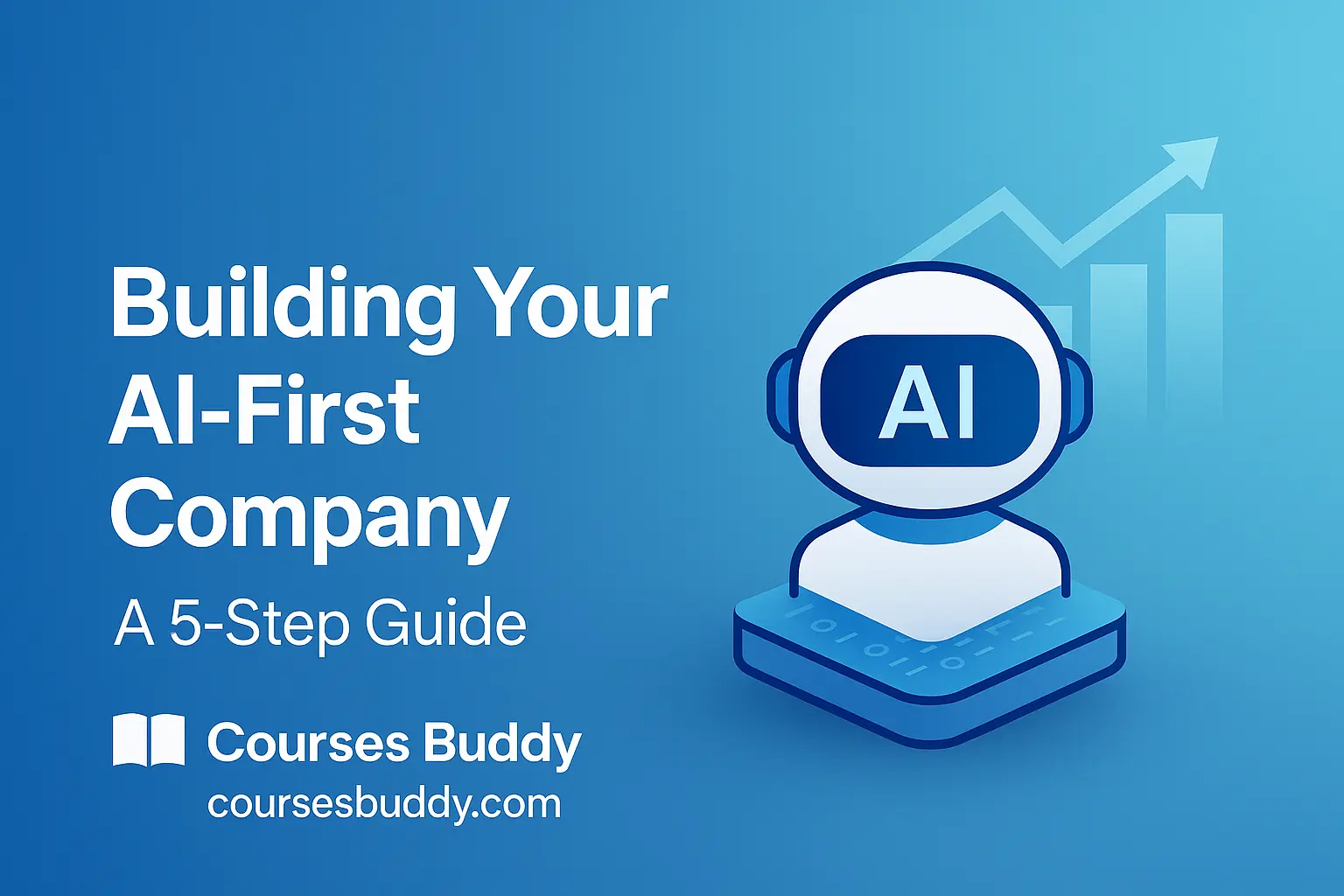Become an AI-First Company: Lessons from the Internet Age

Become an AI-First Company: Lessons from the Internet Age
Artificial intelligence (AI) is quickly becoming the defining technology of our time, much like the internet did in previous decades. But simply using AI doesn’t make a company great at it—just as building a website didn’t automatically make a company an internet leader.
What We Learned from the Internet Age
Imagine your local shopping mall—let’s say Stanford Shopping Center, where my wife and I sometimes shop. Now suppose the mall builds a website to sell products. That alone doesn’t make it an internet company. Years ago, a CEO of a large retail brand once told me, “we have a website. We sell things on it. Amazon also sells things online. We’re basically doing the same thing.” But of course, they weren’t.
Rapid Experimentation and Fast Iteration
A true internet company does more than sell online. It uses what the internet does best. Here’s how:
-
Rapid Experimentation: Internet companies routinely conduct A/B testing—launching different versions of a product or website to see which performs better. This level of experimentation is virtually impossible in a physical mall.
-
Fast Iteration: Products are updated weekly, sometimes daily. Traditional businesses may only release changes quarterly or biannually.
Decentralised Decision-Making
In internet-first companies, decisions are often made by engineers, product managers, and those closest to the users—not just top executives. These roles understand the tech and user experience well enough to drive meaningful progress.
Similarly, implementing a few neural networks doesn’t turn a company into an AI company.
Key Traits of Successful AI-First Companies
A great AI company—an AI-first company—does the things that AI enables exceptionally well:
Strategic Data Acquisition
Great AI companies build products specifically to gather valuable data, even if those products don’t directly generate revenue. For example, large tech firms often launch free products to gain data that fuels revenue elsewhere.
Unified Data Infrastructure
Instead of scattered databases managed by different departments, AI-driven companies consolidate data into centralised warehouses. This unified structure allows engineers and data scientists to connect the dots, identify patterns, and act effectively—while respecting privacy laws such as GDPR.
Automation Opportunities and New Roles
AI-first companies are experts at identifying repetitive tasks that can be automated. They strategically insert supervised learning models to handle tasks more efficiently than human teams could.
Machine Learning Engineers (MLEs) and AI-specific roles are becoming central to how work is divided. Great AI companies create team structures designed to make the most of AI capabilities.
The 5-Step AI Transformation Playbook
Transforming into an AI-driven company is a process—not magic. A decade ago, even Google, Baidu, Facebook, and Microsoft were not the AI leaders they are today. Their transformation followed a systematic journey.
Step 1: Execute Pilot Projects
Start with small-scale AI initiatives to gain hands-on experience and internal momentum. These pilots can be built in-house or outsourced.
Step 2: Build In-House AI Capabilities
Create an internal AI team and deliver broad-based AI training—not just for engineers, but for managers, executives, and decision-makers across the organisation.
Step 3: Develop an AI Strategy
With initial experience and internal alignment, define your company’s long-term AI roadmap, aligned with your business goals.
Step 4: Align Internal and External Communications
Ensure that employees, investors, and customers all understand how your company is adopting AI and what value it aims to create through it.
Step 5: Scale AI Across the Organisation
As your AI maturity grows, scale your efforts, tools, and culture across departments to embed AI in your core operations.
Looking Ahead
AI has already created tremendous value in the software industry—and its impact outside of software is only beginning. If you can help your company become good at AI, you have the chance to play a leading role in shaping that future.